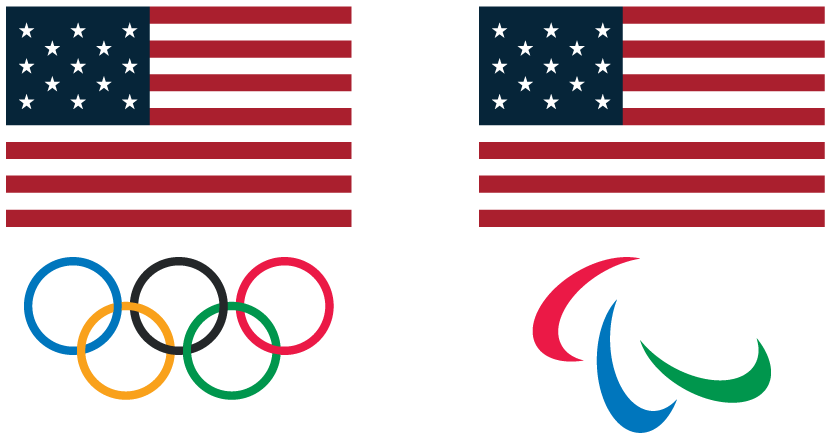2011 Program News
2011 Program News
Graduation Day!!
Day One in Lausanne ends with an International Coaching Panel
Coaches Finish Module III, Head Home
Apprenticeship Wrap Up, Coaches Head West
Week Two in Review
Coaches Have Q&A Session with Coach Tina Martin
Coaches treated to a world-class coaching panel discussion!
With a visit to the International Olympic Committee headquarters, the coaches had the opportunity to participate in a coaching panel discussion with three very accomplished coaches.
Mr. Dragomir Cioroslan is currently the Director of International Strategies and Development for the United States Olympic Committee. He is also an executive board member of the International Weight Lifting Federation, serves as Vice President of the organization, and is the Chairman of the IWF Coaching and Research Committee. Cioroslan was a three-time Olympic weightlifter for his home country of Romania. He won a bronze medal at the 1984 Olympics in Los Angeles, three medals at the World Championships in 1983 and 1984, and two medals at the European Championships in 1979 and 1983. Cioroslan was the Head Coach for the U.S. National Team from 1993-2003 and the Olympic Coach for the U.S. men’s teams in Atlanta and Sydney.
Mr. Jaun Carlos Holdago was a Technical Delegate for the Archery event at the 2008 Beijing Games and holds the same position for the London Games this summer. He is also the Event Director for the International Archery Federation. Holdago was a six-time Senior National Champion Outdoor in Spain. He has participated in six Olympic Games, including 2004 and 2008 as a Technical Director, 1996 and 2000 as a coach, and 1988 and 1992 as a competitor. He won the Gold Medal at the Barcelona Olympic Games in 1992.
Dr. Dusan Jarotta has been an FIVB instructor for the past 18 years and has been invited to share his experiences and knowledge with volleyball enthusiasts in various countries such as India and Thailand. He represented the Czech Republic Junior National Team at only 16 years of age. After 12 years as a player, he went on to become the Head Coach for that team. Jarotta also became the Head Coach of the Swiss Indoor Volleyball Team. He coached the famous Swiss Laciga brothers, a pair that won the European Championships in 2000 and finished fifth at the Olympic Games in Sydney in beach volleyball.
There were many different points addressed. The transition from player to coach was one of them. It was mentioned that just because an athlete is elite at his or her sport, it does not mean he or she will be a successful coach. The opposite can also happen, where an athlete may not be elite, but can develop into a great coach. Holdago explained this, saying passion is the biggest factor. If you have passion for the sport and have an open mind to learn, there is the potential to become a good coach. He added that someone may not be the best talent, but if they work hard to overcome their difficulties and obstacles, it will help make them a better coach after their first-hand experiences.
The importance of a coach and what makes a good coach was also asked. Cioroslan suggested the coaches’ role is to bring out talent that the athlete might not have known he or she possessed. It is to inspire, motivate, and develop the athlete to his or her highest level of potential. When asked what makes a good coach, Cioroslan responded with one word, care. A good coach cares more for his or her athletes, cares for their success. He said, “When my athlete’s knee hurts, my knee hurts. When his back hurts, my back hurts.”
It was asked what the coaches do to help try to prepare their athletes before the competition. Dr. Jarotta said he tries to control his players’ emotions. He doesn’t want to suppress them, but doesn’t want them to get too out of hand for fear they will not be able to perform. During practices and warm-ups, he tries to help his players get a feel for each other, how they move, where they play the ball. Dr. Jarotta also said he needs to treat the younger players and veteran players differently in warm-ups. The younger guys will go up to hit and try to hit the ball as hard as they can to the floor. When the game starts, that hit will get blocked. As the coach, it is Jarotta’s job to help this player realize the match is not won in warm-ups, but once the competition actually begins.
Prepared with notebooks given by the IOC, the coaches took many notes from the answers provided by the esteemed panel. They were able to get different perspectives, having both team and individual sport coaches present. Each coach took something different from the answers given, but they all learned a great deal.



